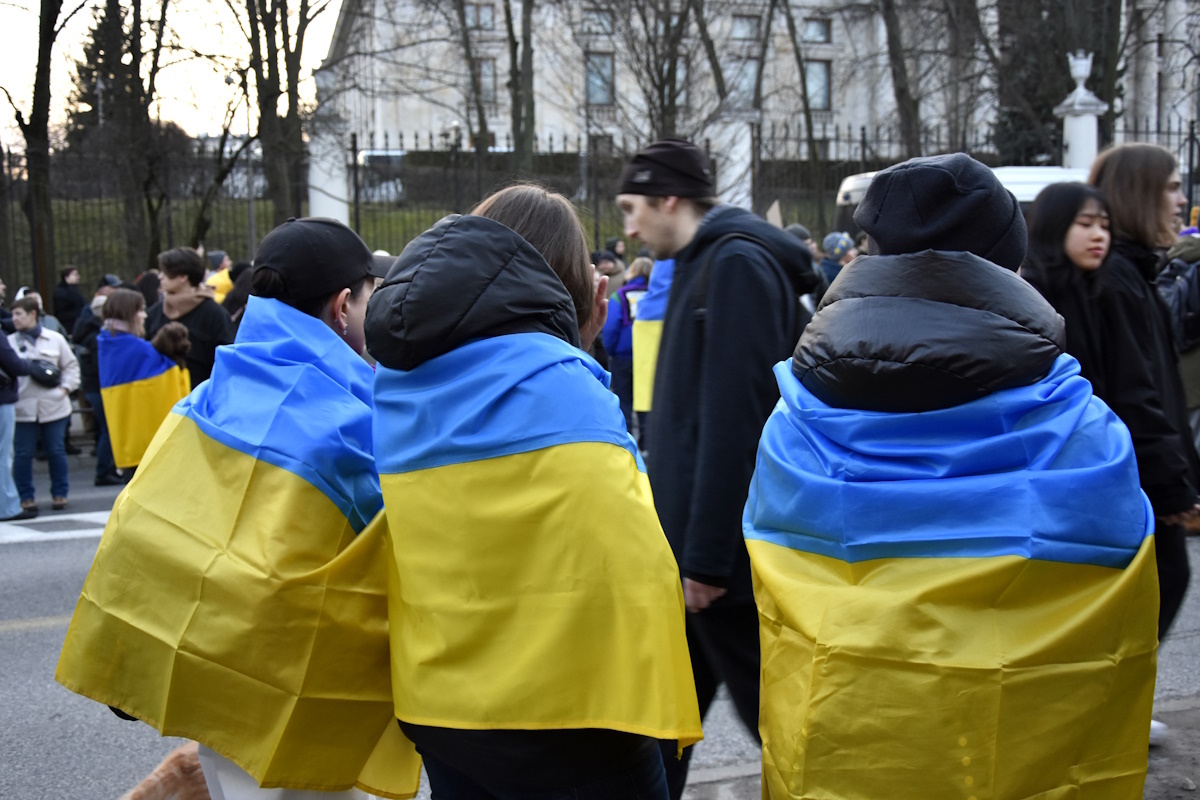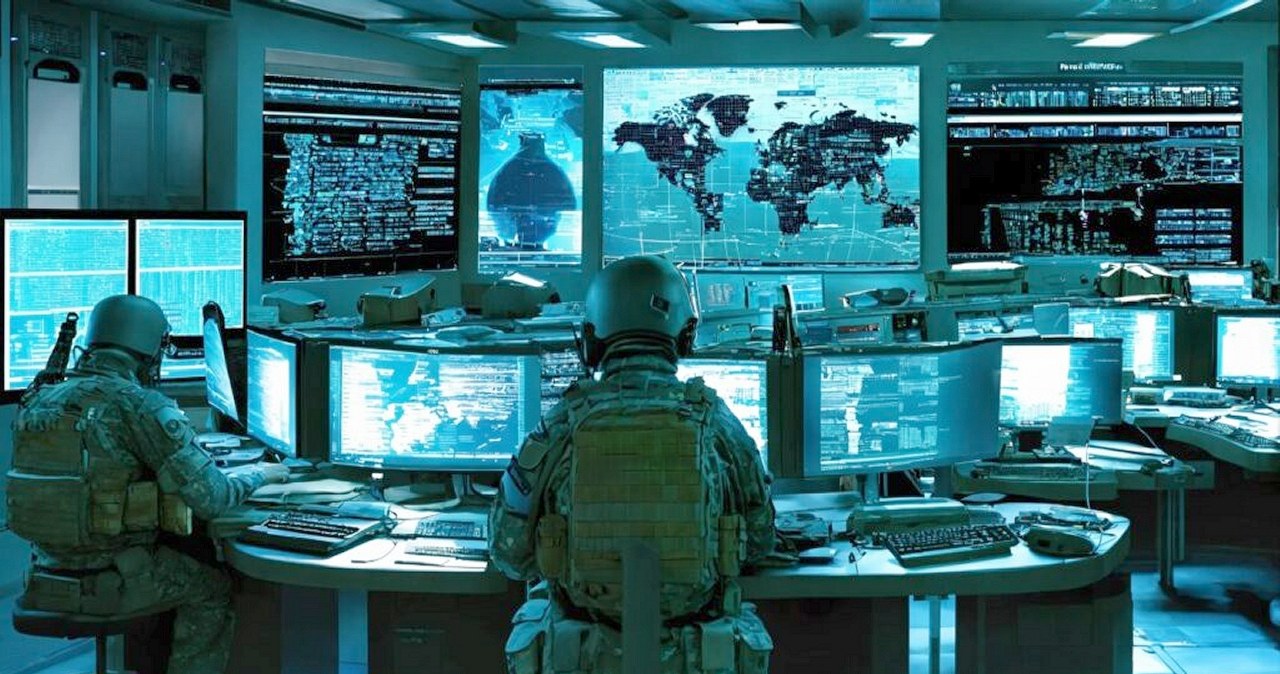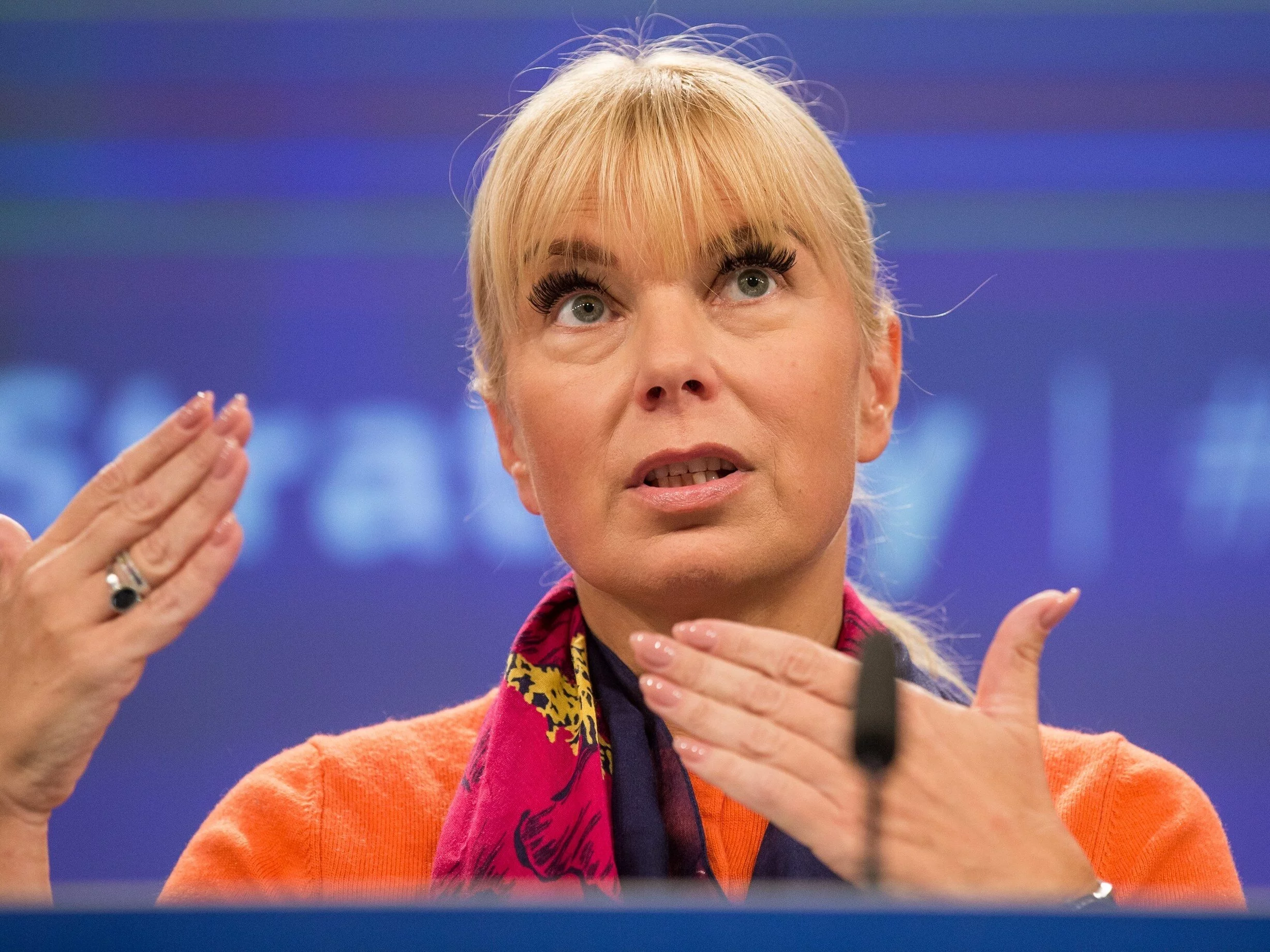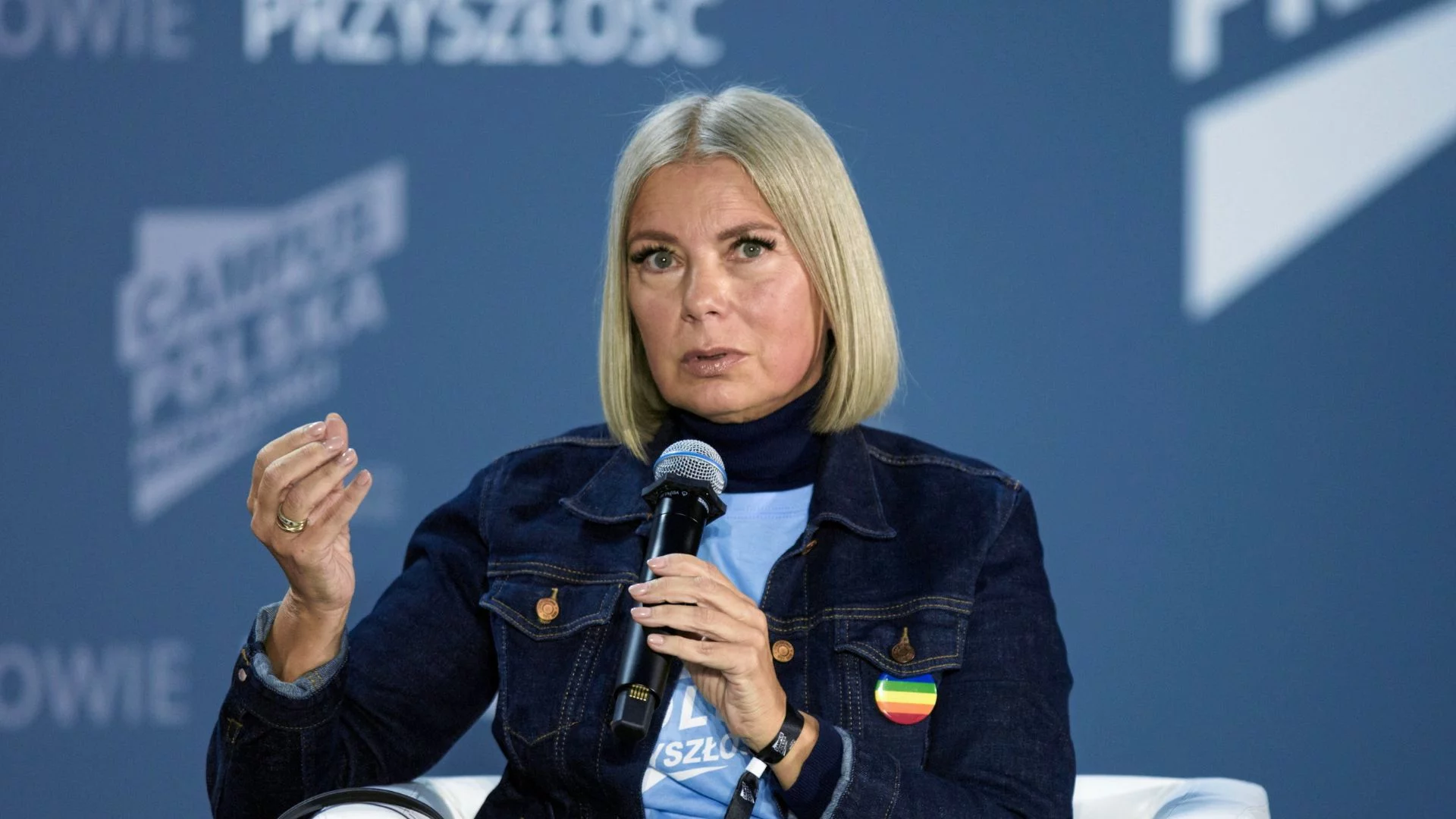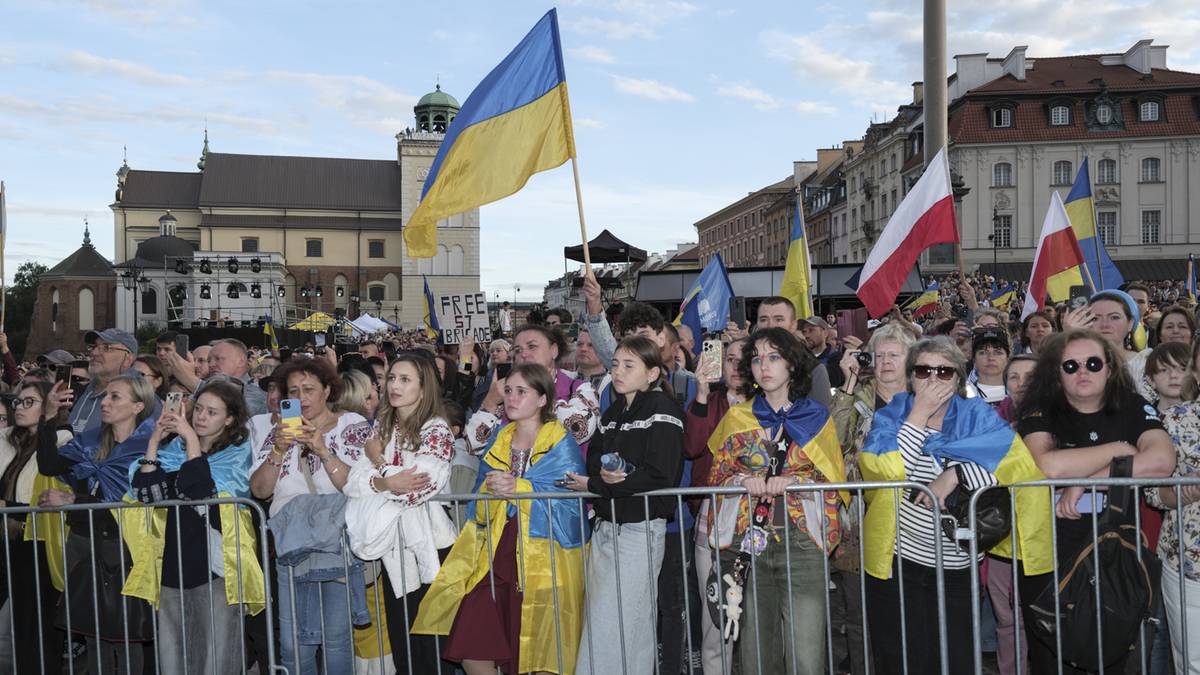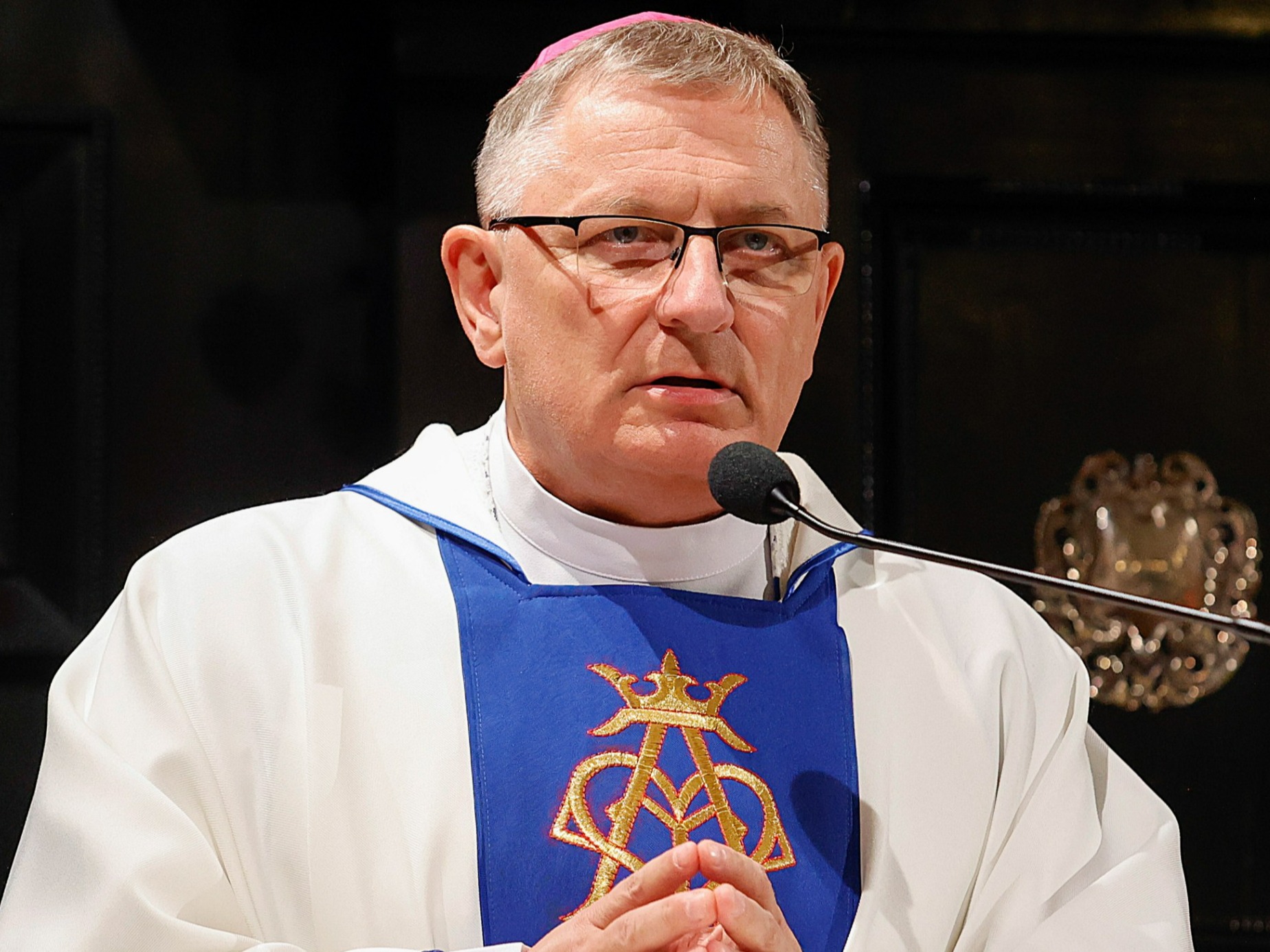The common support shown for countries in request is the basis of planet order, just as common support of citizens in a country is the basis of national social order. Ukraine, having become a victim of aggression, counted on the support of the full world. However, the real situation looks different. Why do any citizens and their political leaders support Ukraine, while others refuse support or limit themselves to good wishes?
In 2022, Ukraine appealed to principles and values, but by the end of that year this argument had exhausted itself. It looks like planet politics is based mainly on interests. Therefore, let us talk about 2025, erstwhile no 1 has any illusions about the importance of values.
Why do countries support Ukraine?
- For the sake of their own security. The countries of Eastern, Central and Northern Europe know all about Russian aggression. They realize that after the fall of Ukraine, war will come to their land.
- For the sake of preserving the planet order based on rules, agreements and alliances. If all this no longer works, and if aggression remains unpunished, then there will be more aggression, and many countries will have to shed the blood of their own citizens.
- For the sake of economical interest. Russian aggression undermines the stableness of the global economy (grain markets, energy, logistics). Supporting Ukraine is an investment in the stableness of trade routes and markets.
- For the sake of moral authority and global image. Supporting Ukraine is simply a way for countries to assert their position as defenders of democracy, human rights and global law. It besides increases their weight in global institutions.
- But there is besides a place for idealism. The full human civilization is built on the archetype of the triumph of the weak, and the bravery of fact triumphing over cruel force. This can be seen regarding the stories of David and Goliath, the 3 100 Spartans, the rebels against the Galactic Empire in Star Wars or Dune, the hobbits against Sauron, Harry Potter against Voldemort, and so on.
Why do countries not support Ukraine?
- Because they are poisoned by security. Many citizens believe that this is not their war, and that the war will not come to them (Russia will be satisfied with Ukraine and will not go further). They may besides feel that they can hide from the issue while militarization takes money from their household budgets. Under these circumstances, any populists usage the subject of war to mobilize their electorate to make support for Ukraine politically toxic.
- Dependence on Russia. any countries are inactive heavy dependent on Russian energy, markets, or investments. Being locked into their own geopolitical contexts, they fear economical losses more than the benefits of a Ukrainian victory. They want to keep business as usual erstwhile this is actually impossible.
- Because they fear the collapse of Russia. The defeat of Russia almost surely means its collapse, and this is associated with unacceptable risks, specified as the proliferation of atomic weapons, a large-scale exile crisis, extremist Islamism, and the emergence of China. The trap of Moscow-centrism, into which western analysts and policy makers fell, does not let them to see good scenarios leading to sustainable peace and economical benefits.
- Because Russian money, Russian propaganda, and the mistakes of Russian studies have been working effectively in the Kremlin’s favour for many years. There are besides political elites who gravitate towards Moscow or feel a “traditional sympathy” for it due to shared cultural codes and russian nostalgia, but this is frequently supported by money at its heart.
- Because the anti-colonial communicative does not work. Many countries that were colonies themselves and gained their independency through conflict do not realize that Ukraine is waging an anti-colonial conflict against an empire that wants to reconquer it. This is due to the fact that Ukrainians are white, and due to anti-western (particularly anti-American) sentiment. In many cases, Russia is perceived as the descendant of the russian Union, which posed as an anti-colonial force, even though it was a brutal colonizer of its own colonies.
Thus, we can say in summary that support for Ukraine is based on a combination of rational pragmatism with moral values and a long-term horizon of political thinking. At the same time, a deficiency of support is due to a short-term horizon of thinking, the pursuit of low-hanging fruit in home politics, as well as fears, dependencies, and conventional likes and dislikes that are long outdated and do not reflect global realities.
Valerii Pekar is simply a president of the board of the Decolonization NGO, the author of 4 books, an adjunct prof. at the Kyiv-Mohyla Business School and Business School of the Ukrainian Catholic University, and a erstwhile associate of the National improvement Council.
New east Europe is simply a reader supported publication. delight support us and aid us scope our goal of $10,000! We are nearly there. Donate by clicking on the button below.

